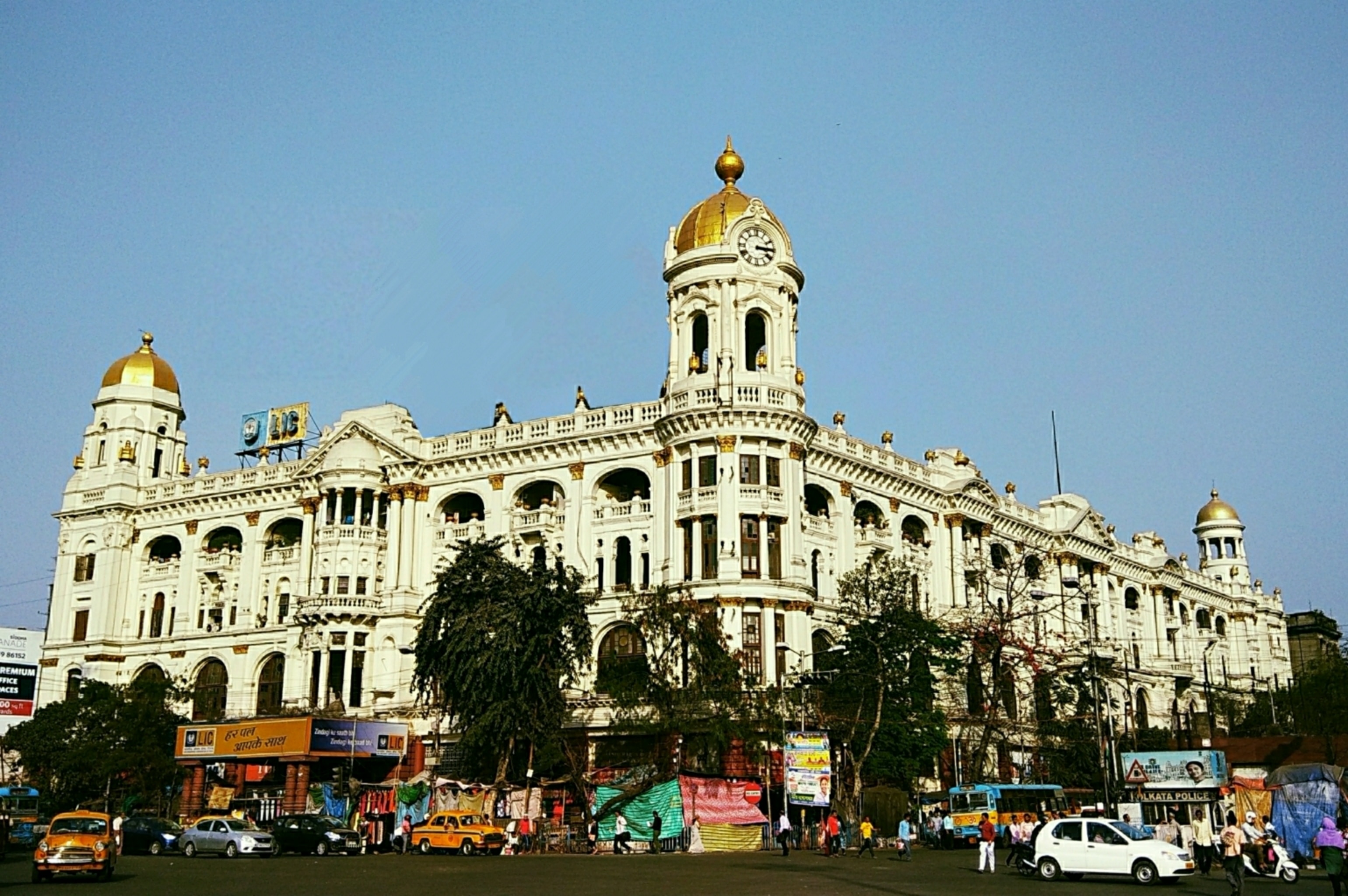One of the main causes of the local weather fears we see in a growing epidemic is that people are not studying climate change. They are not told this unless they are taking electives like Triple Science or Geography. But it's not just scientists and geographers who will be affected by the local climate crisis – everyone is, whether builders or bankers, farmers or pharmacists, and this needs to be taught.
So many new jobs are being created that people aren't even aware of because we're not talking about local climate change. There will be positions for environmental researchers, people who deal with pure disaster risk, people who determine what resilience measures need to be taken. There should be additional jobs related to building in isolation and improving vitality efficiency. All of these jobs are created in every stream, both for tutors and non-academics, but many people don't know they exist because we're just not taught about them in class.
What should local weather lessons look like?
I also guess we want a more holistic parenting style. Not everyone will learn from people standing in front of a whiteboard - I know I certainly haven't. I see climate education not only as climate improvement, but also as an approach to rethinking the way we see training as something that prepares us for the long term, rather than a question of passing exams, because we are able to pass another set of exams which we then complete in order to complete a job.
You started your local weather campaign when you were 10 and you're now 18. What have you learned about best practices for local weather campaigns since then?
The most important thing I realized is that you just can't do anything on your own. Again, after turning 10 (that was 8 years ago - I feel really, really old) at school, you learn a lot about individuals: Gandhi, Mother Teresa, Rosa Parks, Martin Luther King . They are taught that these people have changed every little thing. I'm not saying they didn't have an impact, but they didn't do anything on their own: there were thousands and thousands of individuals who took half of it.






















